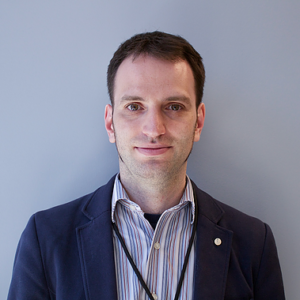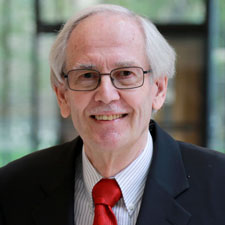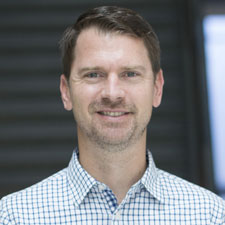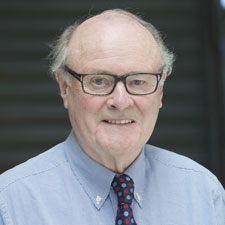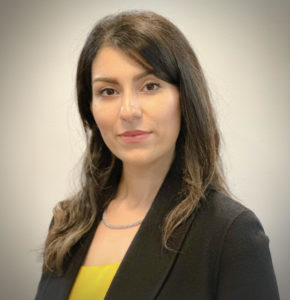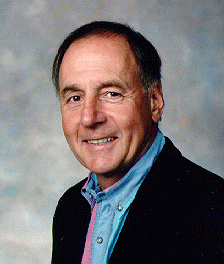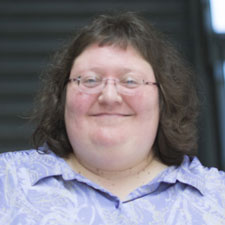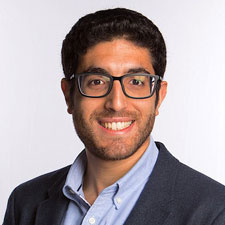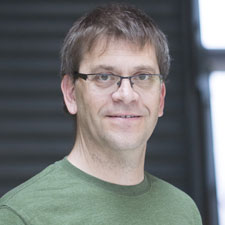
PhD, LEL
Professor, Industrial Engineering
Associate Chair of Undergraduate Studies
Email: gruninger@mie.utoronto.ca
Tel: 416-946-8853
Office: BA8122
Research Group: Semantic Technologies Laboratory
Research Area
Information Engineering
Research Interests
Ontologies; semantic integration; process modelling; enterprise integration; semantic web; knowledge representation; mathematical logic.
Bio
Michael Grüninger is a Professor at the University of Toronto. He returned to Canada after spending five years as an Assistant Research Scientist in the Institute for Systems Research at the University of Maryland College Park and also a Guest Researcher at the National Institute for Standards and Technology (NIST).
Before that, Michael was a Senior Research Scientist in the Enterprise Integration Laboratory of the Department of Mechanical and Industrial Engineering at the University of Toronto. Michael received his Ph.D. and M.Sc. in Computer Science at the University of Toronto and his B.Sc. in Computer Science at the University of Alberta.
His current research focuses on the design and formal characterization of theories in mathematical logic and their application to problems in manufacturing and enterprise engineering. His most recent work on the Process Specification Language has been published as an International Standard (ISO 18629).

